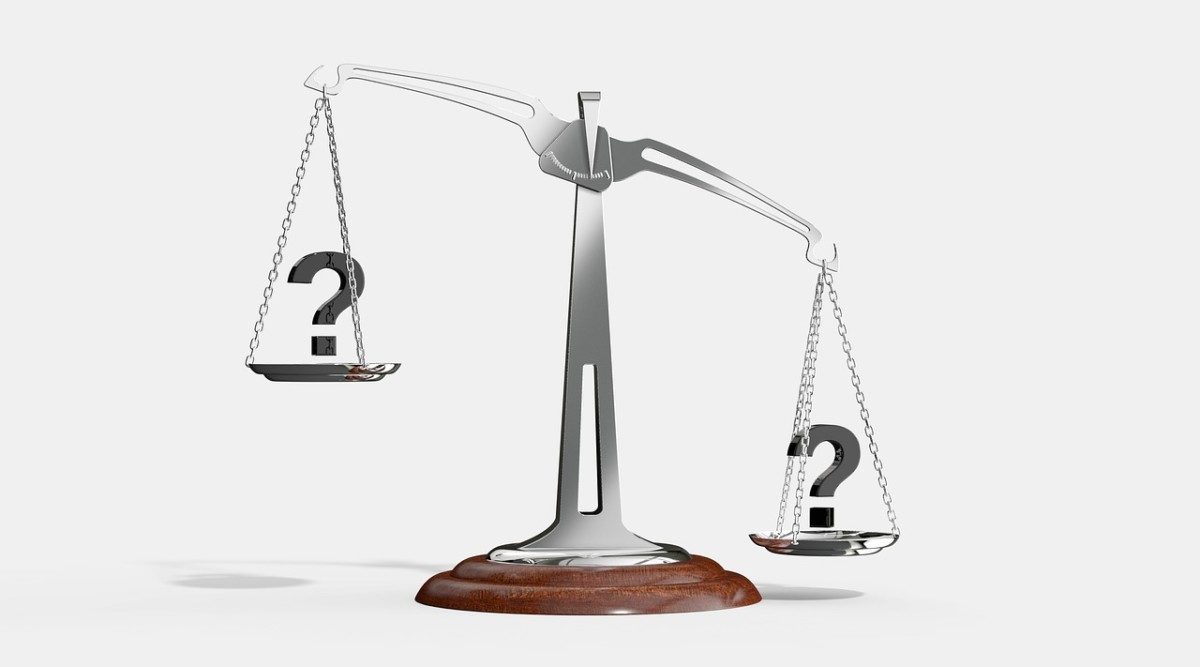by Martha Fineman

“This article compares the legal culture of equality in the United States with the legal cultures of other constitutional democracies. It looks at two manifestations of equality: equality in its narrow sense – as a nondiscrimination mandate – and equality in its broader, substantive sense – as establishing a positive right to access the social goods or resources necessary to sustain equally valued individuals. The article ultimately argues that the foundational difference between the manner in which equality is understood in the United States and how it is understood in much of the rest of the world arises from the recognition and acceptance in other countries that human need and vulnerability are not only an individual responsibility but also a state responsibility.
The U.S. Constitution is ancient by international standards, and it embodies and idealizes an antiquated political-legal subject and a restricted sense of state responsibility that is unrealistic for defining the appropriate legal relationships that exist between the modern state, the lives of individuals, and the operation of complex societal institutions. Clinging to the idea of a “liberal” constitutional or political legal subject that was prevalent when the U.S. Constitution was drafted has impeded the evolution of a concept of equality that would complement our developing understanding of what is necessary in terms of state responsibility to ensure that all people are treated as “created equal.” This article concludes by offering the concept of the “vulnerable subject” as a more viable and appropriate figure around which to build contemporary policy and law and suggesting some measures legislatures and courts could take to build a more responsive and responsible state that would function to ensure meaningful equality of access and opportunity. “
See more here.